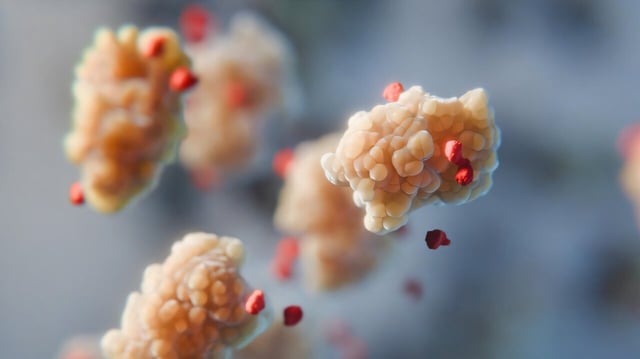Overview
- An EPFL-led international team with collaborators at MIT and SUSTech reports the findings in Nature, published on September 10, 2025.
- Experiments show small molecules crowd solutions and reduce attractive interactions between larger particles, a colloidal effect the authors call screening attraction.
- Salts are known to screen repulsion, so amino acids function as an anti-salt by dampening attraction instead.
- The mechanism explains why amino acids have long stabilized protein formulations such as insulin, countering prior assumptions focused on misfolding.
- The group, supported by an ERC grant, aims to predict which small molecules stabilize specific proteins to replace trial-and-error formulation.
